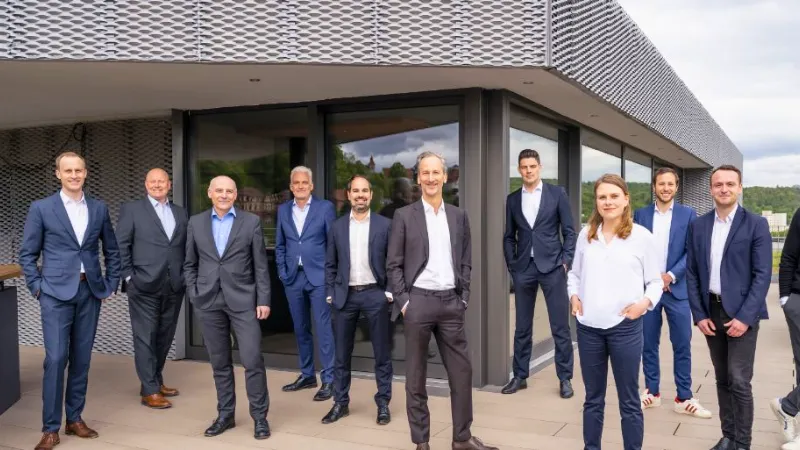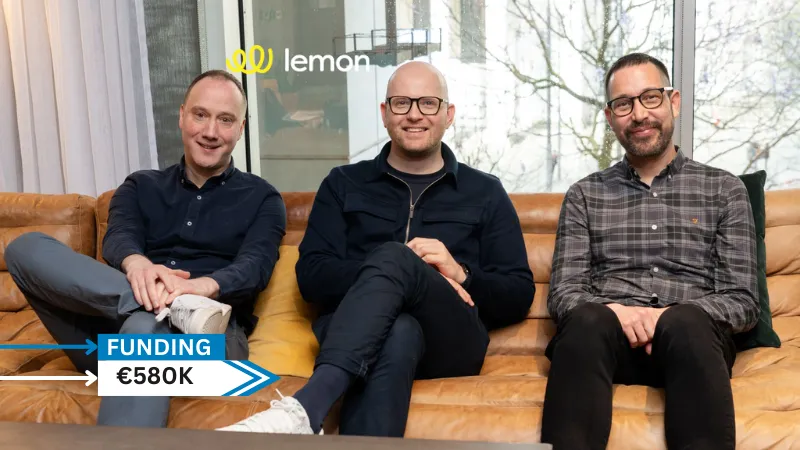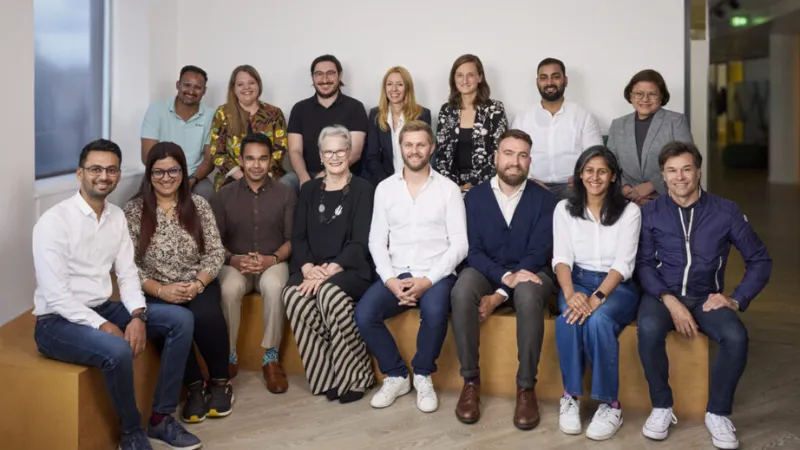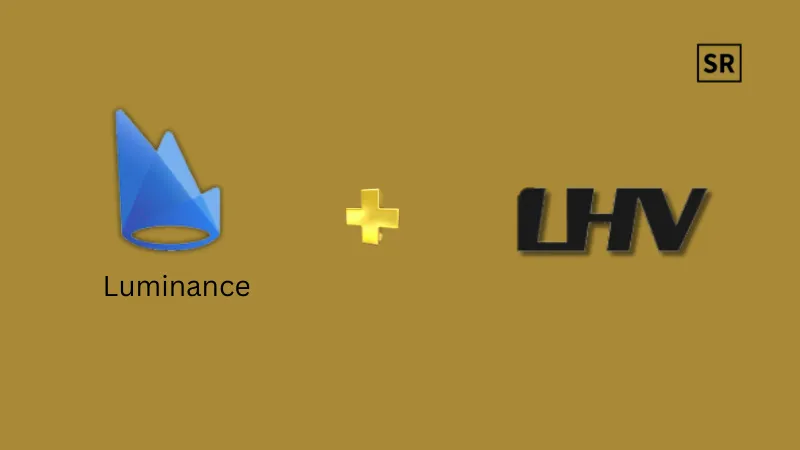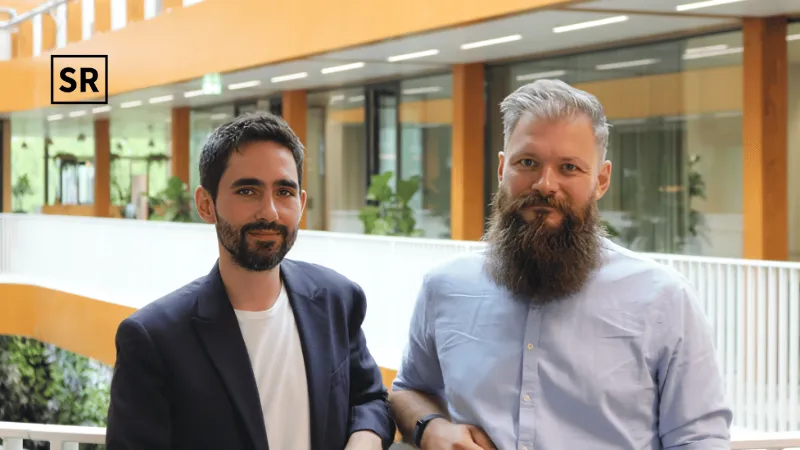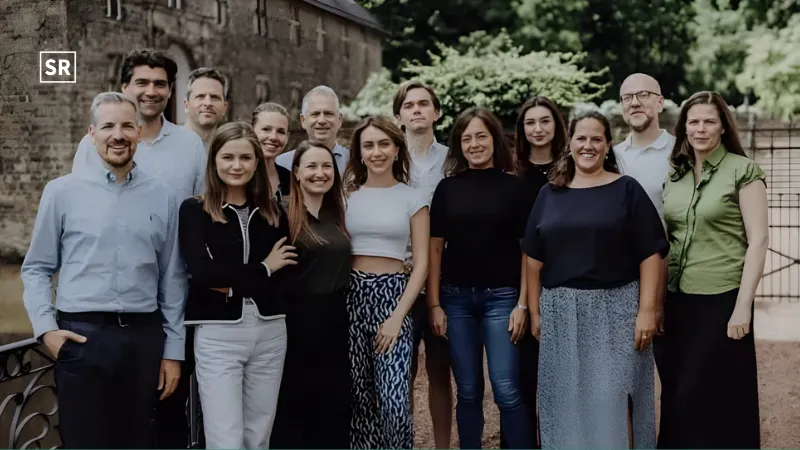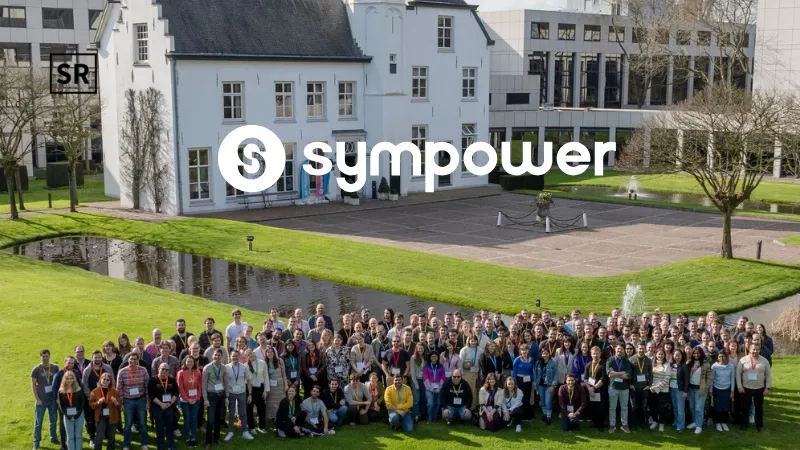Project Eleven Secures $6M Funding For Quantum-Resistant Bitcoin Security
Jun 20, 2025 | By Kailee Rainse
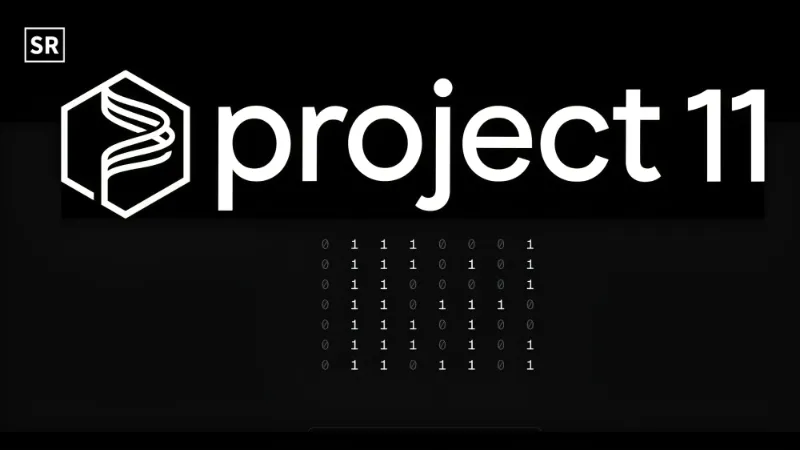
Project Eleven, a lab focused on quantum computing and cryptography, has raised $6 million to support its mission of securing Bitcoin in a post-quantum world.
SUMMARY
- Project Eleven, a lab focused on quantum computing and cryptography, has raised $6 million to support its mission of securing Bitcoin in a post-quantum world.
The company’s first major effort is aimed at protecting nearly $600 billion worth of Bitcoin stored in wallets with exposed public keys. Using post-quantum cryptography, Project Eleven helps users establish ownership of their digital assets today—before quantum threats become a reality.
As part of this initiative, the company has launched Yellowpages, a cryptographic registry that lets Bitcoin holders prove ownership without needing immediate on-chain transactions or waiting for protocol upgrades. Yellowpages allows users to generate quantum-resistant key pairs, link them to existing Bitcoin addresses with cryptographic proofs, and register these proofs in a secure, publicly verifiable registry.
Read Also - Simplisales Funding News-London-based Simplisales Secures $500K In Pre-Seed Round
RECOMMENDED FOR YOU

xPortal acquisition news – xPortal Acquires Berlin-based Alphalink
Kailee Rainse
Jan 25, 2025
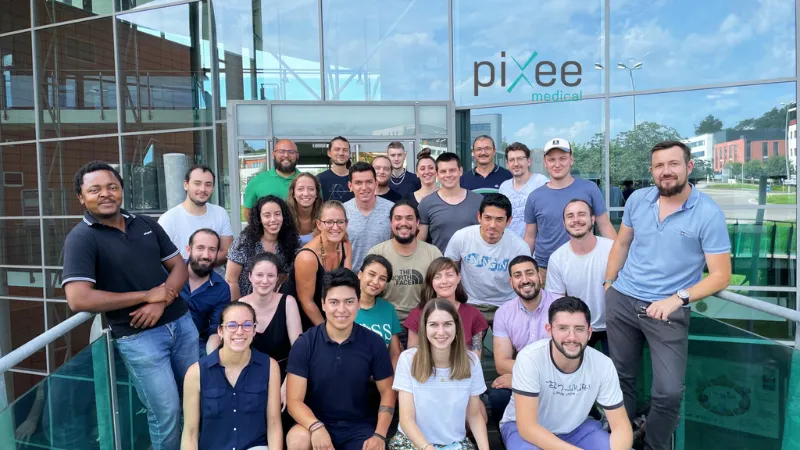
[Funding alert] France-based Pixee Medical Secures $15Million in Funding
Team SR
Feb 10, 2024
To further highlight quantum risks, Project Eleven has introduced The QDay Prize—a 1 BTC bounty for anyone who can break the largest ECC key using Shor’s algorithm, sparking significant interest across the crypto and tech communities.
“We define Q-Day as the moment when quantum computers become capable of breaking the elliptic-curve cryptography that secures private keys used by Bitcoin,” said Conor Deegan, co-founder and VP of Engineering at Project Eleven.
“Preparing ahead of Q-Day means ensuring that digital assets remain secure and verifiable in a post-quantum world. With Yellowpages, we’re giving users free, audited, and open-source tools to proactively establish quantum-resilient ownership today”.
Beyond Bitcoin, Project Eleven sees securing today’s digital financial infrastructure as a crucial step toward enabling the broader adoption of quantum technologies. The team believes this foundation will open up new possibilities for how we manage and interact with digital assets in the future.
The $6 million funding round was co-led by Variant Fund and Quantonation, with additional backing from Castle Island Ventures, Nebular, and Formation.
According to Alex Pruden, CEO of Project Eleven: “As quantum computing capabilities advance, the threat to systems like Bitcoin is no longer theoretical, it's imminent.
This funding allows us to stay ahead of that curve, building the tools, standards, and ecosystem required to ensure digital assets remain secure in a post-quantum world.”
William Zeng, Partner at Quantonation, shared: “We know first-hand the accelerating global development of quantum computers. While this promises enormous value creation, it also threatens today’s digital assets.
The team at Project11 has the crypto-native and quantum-resistant cryptographic skills to build the products that will support and drive the quantum-resistant transition of Bitcoin and other digital assets.”
Nic Carter, Founding Partner at Castle Island Ventures, believes quantum threats have progressed to a point where dismissing them as mere fear, uncertainty, and doubt (FUD) is no longer justified.
“It’s in everyone’s interest that we address these as soon as possible in a pre-emptive manner, and we’re proud to back Project11 as the standout effort to address this risk.”
The funding will help Project Eleven speed up its efforts to protect Bitcoin and other digital assets from the emerging risks posed by cryptographically relevant quantum computers (CRQCs).
The company plans to expand its team and develop next-generation cryptographic solutions that use quantum mechanics to secure and transmit information.
About Project Eleven
Founded in 2024, Project Eleven is focused on building a quantum-secure future through open and applied research. With quantum computing and cryptography expected to intersect in the coming years, the team is working to ensure that this shift benefits humanity. As part of their mission, they’ve published an easy-to-understand guide to quantum computing to help more people understand what’s coming.
Recommended Stories for You

I-care news – I-care Strengthens its Global leadership with the Acquisition of SDT International
Kailee Rainse Mar 27, 2025


 Follow us
Follow us Follow us
Follow us